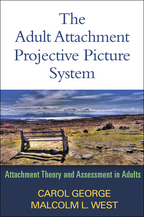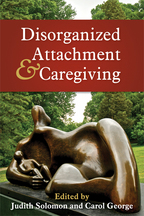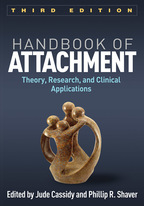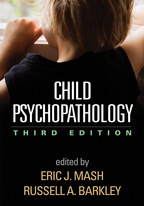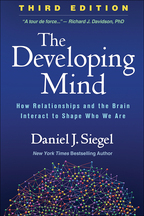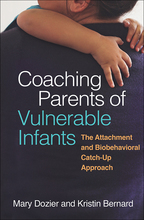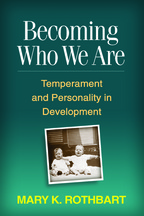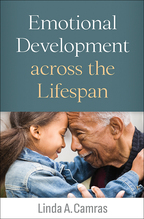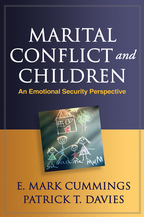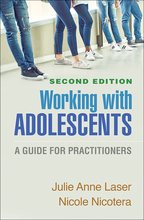The Adult Attachment Projective Picture System
Attachment Theory and Assessment in Adults
Carol George and Malcolm L. West
Hardcovere-bookprint + e-book
Hardcover
orderMarch 12, 2012
ISBN 9781462504251
Price: $60.00304 Pages
Size: 6" x 9"
“Research on patterns of adults' thoughts, memories, and feelings about intimate family relationships—especially child-parent relationships—has developed steadily and dramatically. One of the biggest challenges is developing assessment tools that successfully balance scientific precision, reliability, and validity with practical clinical utility. This volume represents the most promising attempt to meet this need that I have seen to date. I am certain this book will motivate researchers and clinicians alike to use the AAP in their work, and will become a well-worn reference.”

—Robert Marvin, PhD, University of Virginia, and Director, The Mary Ainsworth Child-Parent Attachment Clinic
“The AAP is an exciting and useful tool for research and clinical practice. George and West describe the development and major features of the AAP while also providing incisive, original contributions to contemporary attachment theory. This book is appropriate for researchers and clinicians—both experts and novices—and for graduate students. I eagerly anticipate using it in training clinicians in Therapeutic Assessment.”

—Stephen E. Finn, PhD, Founder, Center for Therapeutic Assessment; Department of Psychology, University of Texas at Austin
“This splendid, important book is grounded in a strong theory and infused with creativity. It presents an assessment method that is user friendly and economical, validated in clinical and community samples, and confirmed by neurobiological research. The book uses many case examples to illustrate adults' representations of attachment patterns. For graduate students, it is a guide to thinking beyond existing methods when asking new questions. For professionals in clinical and research settings, it opens a window to unconscious relationship biases.”

—Karin Grossmann, PhD, Department of Psychology, University of Regensburg, Germany
—Robert Marvin, PhD, University of Virginia, and Director, The Mary Ainsworth Child-Parent Attachment Clinic
“The AAP is an exciting and useful tool for research and clinical practice. George and West describe the development and major features of the AAP while also providing incisive, original contributions to contemporary attachment theory. This book is appropriate for researchers and clinicians—both experts and novices—and for graduate students. I eagerly anticipate using it in training clinicians in Therapeutic Assessment.”
—Stephen E. Finn, PhD, Founder, Center for Therapeutic Assessment; Department of Psychology, University of Texas at Austin
“This splendid, important book is grounded in a strong theory and infused with creativity. It presents an assessment method that is user friendly and economical, validated in clinical and community samples, and confirmed by neurobiological research. The book uses many case examples to illustrate adults' representations of attachment patterns. For graduate students, it is a guide to thinking beyond existing methods when asking new questions. For professionals in clinical and research settings, it opens a window to unconscious relationship biases.”
—Karin Grossmann, PhD, Department of Psychology, University of Regensburg, Germany

